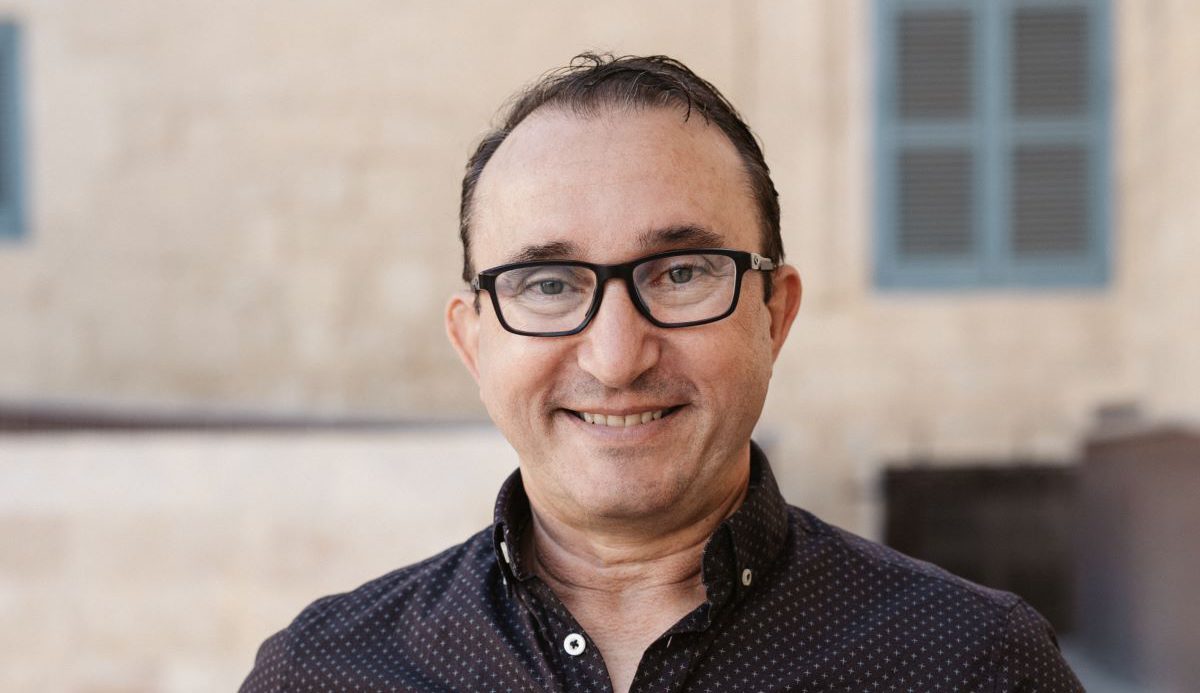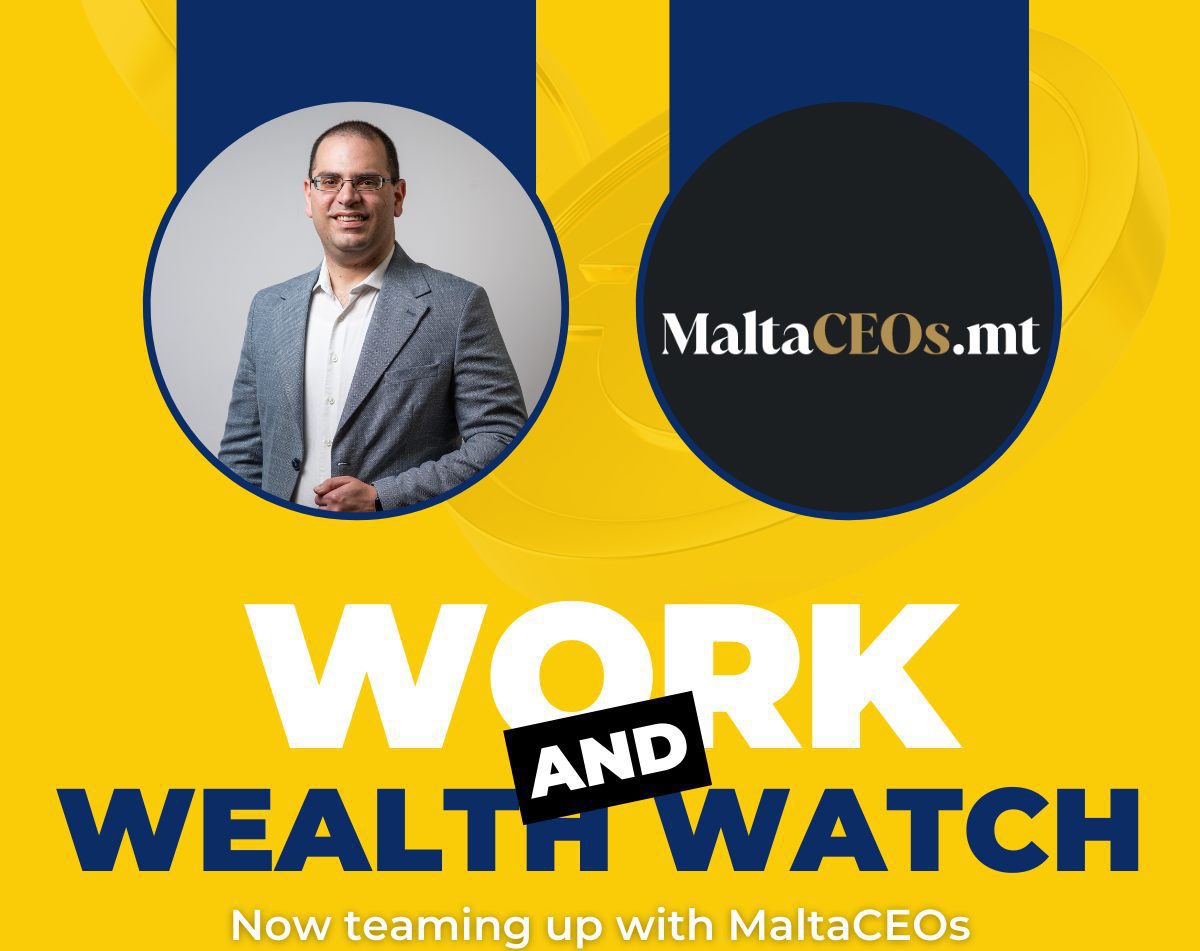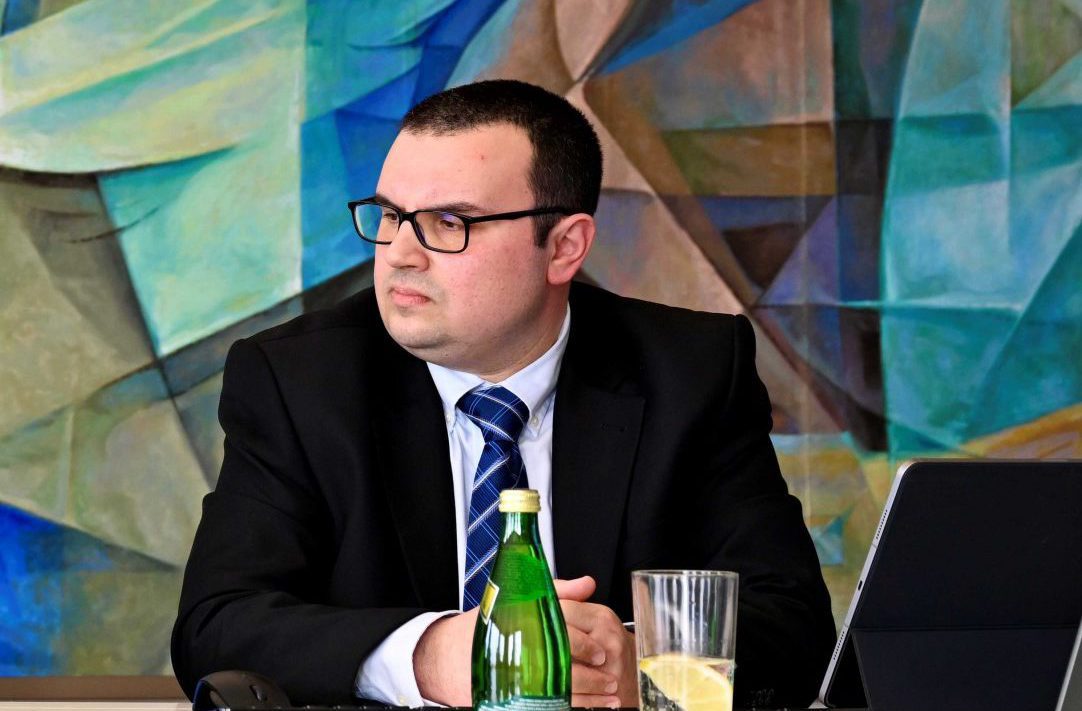A reasonable amount of stress can be healthy – most people actually thrive under pressure. But if it is not carefully managed, it can result in burnout, which can have a devastating impact on one’s work and personal life.
The neurological impact of chronic stress – or burnout – is very clear in brain scans, showing lower activity in the frontal lobes, which manage higher level executive functions.
While stress can result in over-engagement, burnout causes disengagement, and while stress can generate reactive or overreactive emotions, burnout can make emotions feel blunted or distant.
While it is normal for a person under stress to feel their energy diminishing, it is motivation itself that is lost when a person experiences burnout. Put another way, one can say that the physical toll stress takes on the body is compounded, in burnout, by an emotional one.
The mitigation of undesirable burnout was the topic of a presentation delivered by Patrick Psaila during the Malta Association of Credit Management’s annual conference, earlier this week.
Mr Psaila is a psychologist, training consultant, and Founder and Director of PsyPotential, a company specialising in work psychology and human factors in leadership.
He argues that it is neither possible nor all that desirable to eliminate all stress from one’s work, and recommends, instead, that each individual develops their resilience.
“This can be done in various ways,” he says, pointing to five distinct areas that need to be nurtured.
First, the physical: “Our body is the tool we use to do everything in life, and we must take care of it,” he says, “so we must take care of our physical health.”
This means seeing where your body is right now and taking the relevant steps to improve fitness, approaching the task with patience and understanding that overnight results are simply not on the table.
However, while the quest to achieve and maintain physical fitness is a long term one, some of the benefits are almost immediate, with physical activity reducing cortisol levels and allowing the individual to blow off some steam that would otherwise be internalised.
Next comes the emotional side, with Mr Psaila encouraging participants to increase their awareness to regulate and manage their emotions.
“This involves paying close attention to negative patterns and seeking ways to break them,” he says, noting that this could be through something as simple as stopping for a cup of tea when overstress starts to set in.
Third is the cognitive side: “We must take care of mental health and make an effort to do things we enjoy,” says Mr Psaila.
“Not for work – though we might enjoy our work very much – and not to win. Simply doing something for its own sake, and for the pleasure it gives us and the joy it makes us feel, is an incredibly powerful way to destress and feel grounded.”
He also encouraged participants to try something new, explaining that the beginner’s mindset refreshes neural pathways that would have become redundant.
Moving on to the next aspect to be attended to, it is not so common for a discussion on work and business to mention spiritual elements, but Mr Psaila is adamant that this area lies at the core of the human experience.
“It is about engaging in practices – whatever they may be – that help us in seeking meaning and purpose,” he explains.
Delving deeper into the subject, he says that finding purpose can be an extremely powerful experience, feeding into a person’s motivations in all other areas.
“There is nothing quite like feeling that your actions are contributing to the culmination of a mission,” he says, arguing that it is purpose that “gets us out of bed in the morning”.
Tying the previous four areas together is the social aspect, with Mr Psaila reminding the hard-working attendees to do their utmost to strengthen their relationships with family, friends and colleagues.
He cited studies showing that people who are well supported recover more quickly from any type of illness, arguing that strong social ties help an individual extend their healthy, happy life.
Fast-paced, high-pressure environments inevitably cause stress, and there is not much an individual, at any rank, can do about that.
But by focusing on the things that are under their control, managing their stress, and building resilience, an individual can ensure that the stress does not take over to the point where it affects their happiness, health, and output.
Mr Psaila closed by inviting those present to step asking themselves, “Have I worked hard enough to rest?”, and to instead start asking, “Have I rested enough to do my most meaningful work?”
Balancing higher income and job satisfaction: A request for financial and career advice
An Anxious Project Manager is at a crossroads, having secured a considerable raise but must also contend with a boss ...
Kevin Cardona named new BOV Chief Financial Officer
He succeeds Izabela Banas, who left the bank last February.
Change main feature of 2023, more expected in 2024 – Harvest Technology Chairman Keith Busuttil
During 2023, Harvest Technology registered a 60.3% decrease in pre-tax profit, after contract delays and provision charges.
Soaring demand for property in St Paul’s Bay not likely to be replicated elsewhere – RE/MAX CCO
He says RE/MAX has called for clarification on NSO data, given that in statistics, Buġibba, Burmarrad, Qawra, and Xemxija are ...











